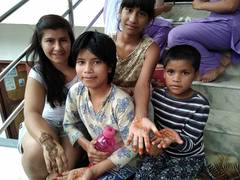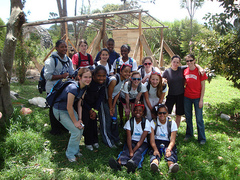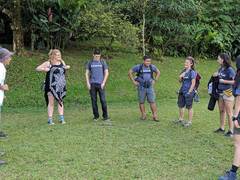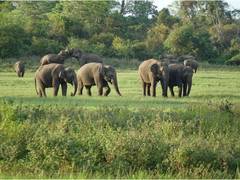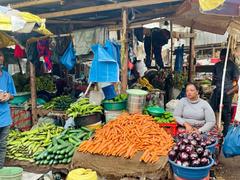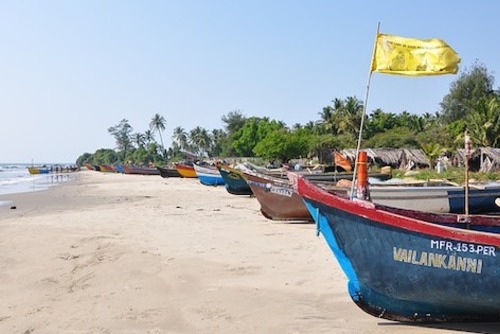The Organization is also affiliated with Social Welfare Council (SWC) Nepal. It is led and managed by youth committed to the sustainable development of Nepal. We work on themes including Education, Peace & Security, Legal Aid support for judicial remedy, Democracy & human rights, Poverty alleviation, Entrepreneurship, Health & sanitation and Climate change, volunteering, internships to list a few, with funding support from various organization.
PWS is an autonomous and politically non-partisan organization, governed by its own constitution. Enhancing their capacity for effective leadership and advocacy is at the core of our activity. Besides, it has forged functional collaboration with several other organizations towards building confederation for effective leadership to all rights movements.
ABOUT US:
Mission
- Organize and mobilize people to promote a democratic and just society.
- Safeguard the autonomy of civil society and work as a change agent.
- Empower marginalized communities through enhanced Education, Health, Income generation & Basic infrastructure programs by conducting training and research through mobilizing local and international volunteers to promote equality, economic well-being and basic human rights.
- Local, regional and global alliances and partnerships
- Sustainable economic development
Vision
PWS envisions a democratic and just society through a vibrant and strengthened NGO movement striving for an economically sustainable, socially equitable, prosperous peaceful and harmonious society in which poor, vulnerable and socially excluded people live in dignity, and their rights are fulfilled and participatory entwined communities for sustainable development. We will be a partner of choice and be recognized for our commitment to social justice.
Goals
PWS-Nepal work will lead to equitable and sustainable development resulting in greater gender and caste equity and improved livelihoods of the poor, vulnerable and socially excluded. Our work will contribute towards creating an enabling environment where they can fulfill their rights.
- Development of community based organizations at different level,
- Organize and educate socially excluded segments and people of the communities,
- Conservation and use of natural resources,
- Empowerment of disadvantaged groups,
- Development of basic livelihood infrastructures,
- Conduct participatory research activities and studies,
- Volunteering service projects, focusing on those most disadvantaged communities with special focus on minority groups,
- Extend agriculture development and rural drinking water programs in rural areas,
- Extend forestation and conservation programs for environment enhancement,
- Sanitation and health based activities,
- Work as a non-profit making organization and carry out various programs to make the institution self-reliant.


